Trading in foreign currency exchange is a rapidly growing business sector around the world. The currency exchange takes place on a very large scale and as currency exchange market participants are from all over the globe this market has a global presence. There are various entities participants in forex trading. Central banks, biggest investment firms, hedge funds, mutual funds and retail forex brokers etc. are the main players or the main market participants in currency exchange.
In the interbank market the biggest volume of currency is traded. This is where banks of all sizes trade currency among themselves and via electronic networks. Big banks account for a large percentage of total volume trading in the currency. Banks facilitate customer forex transactions and do speculative trades from their own trading desks. When banks act as customer dealers, the spread of the bid-ask represents the profit for the bank.
Central banks are crucial players in the forex market. Central banks’ open market operations and interest-rate policies have a very large influence and liquidity on currency rates. Forex fixing is the responsibility of central banks. This is the regime of exchange rates through which a currency will trade in the open market. The types of exchange-rate regimes are floating, fixed, and pegged. Any action taken on the forex market by a central bank is done to stabilise or enhance the competitiveness of that nation’s economy.
Hedge funds are private investment funds that use leverage to speculate over the various asset classes. Global hedge funds are using the forex market to exploit commercial opportunities. They plan and implement transactions based on an in-depth macroeconomic analysis that reveals challenges for a country and its currency to address. Because of the large volumes of trading and aggressive Forex strategies, these funds are the main culprits for currency market dynamics.
The retail market refers to transactions carried out by smaller speculators and investors. These transactions are carried out through forex brokers acting as mediators between the retail and interbank markets. Individual traders or investors trade forex on their own capital to profit from future exchange-rate speculation. They operate mainly through forex platforms which offer tight spreads, instant execution and highly leveraged margin accounts.
Do you want to become Success Forex Trader?
The Forex Scalper teaches you the best scalping trading strategy using supply and demand zones which is already traded and tested by thousands of TFS members and performs daily trades.
To become profitable from Beginner Trader and most successful Scalping trader in Supply and Demand join THEFOREXSCALPERS and trade with 3500+ community traders with daily analysis and educations which boosts your trading skills make you Professional Forex Market Trader.
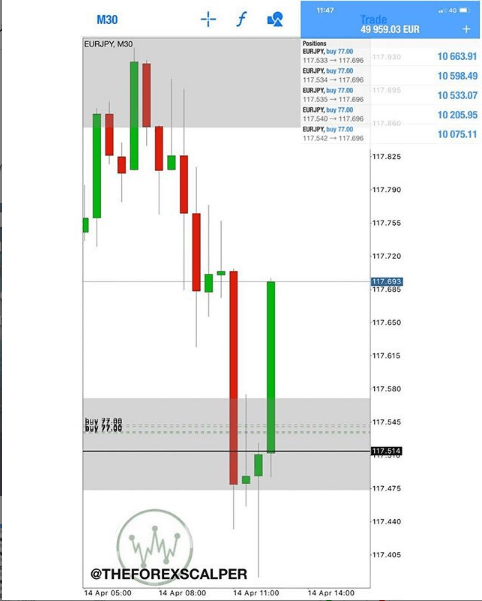
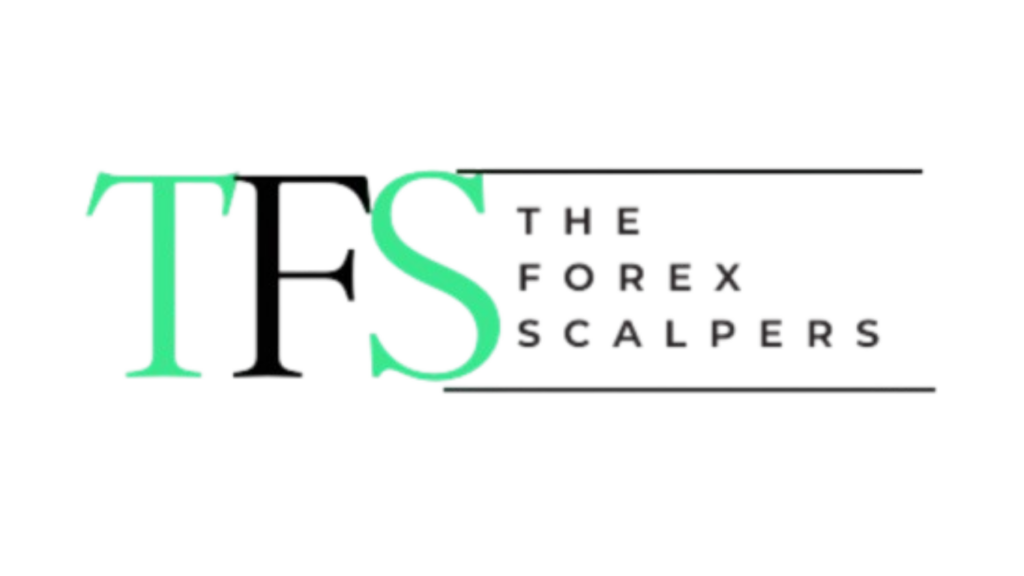
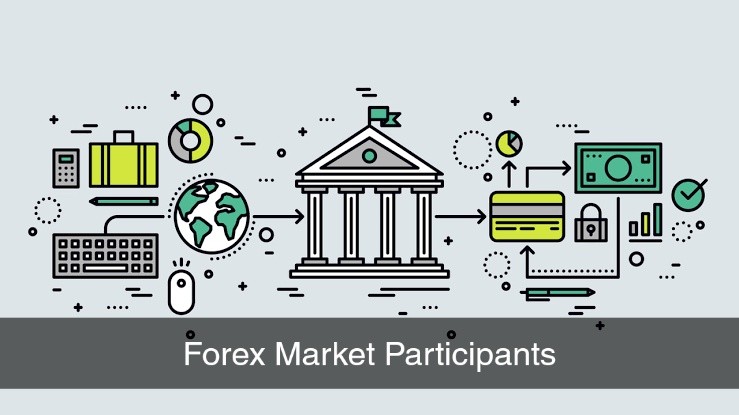

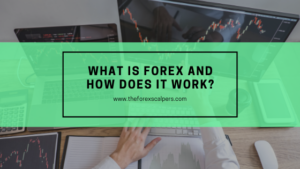
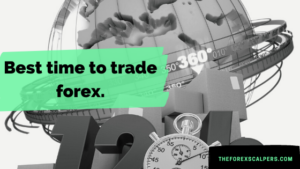
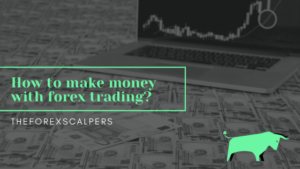


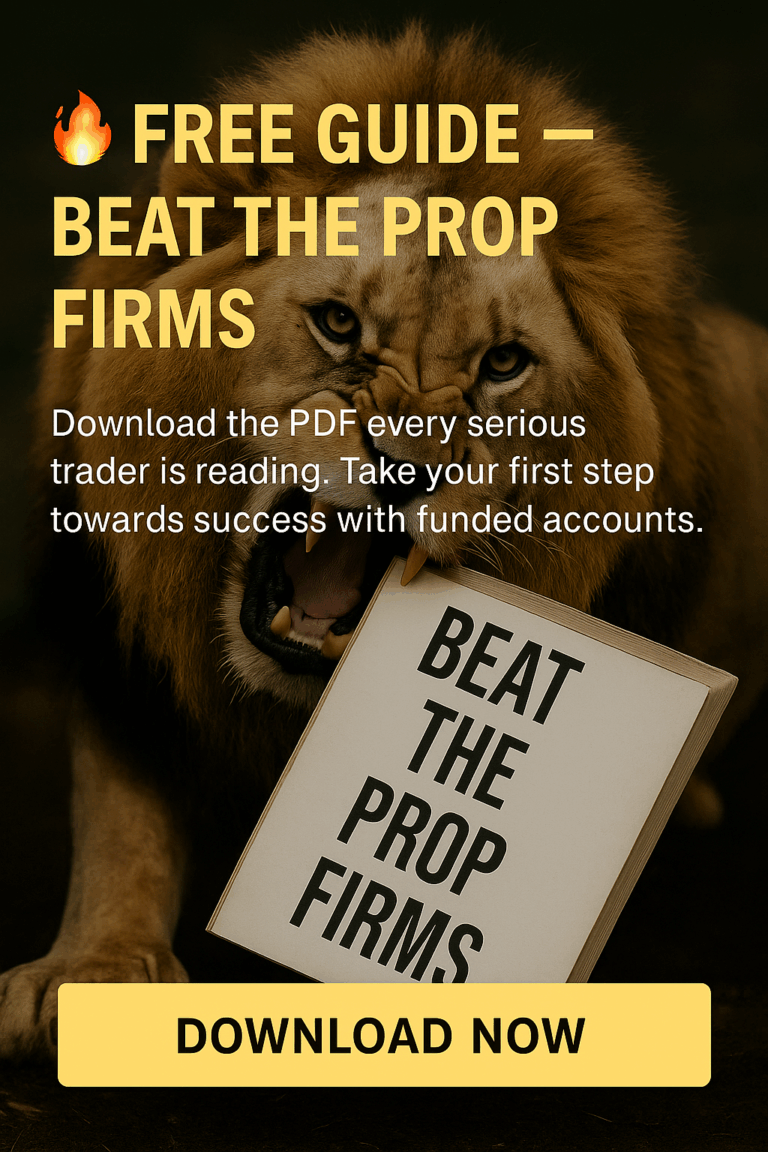
 Questions?
Questions?